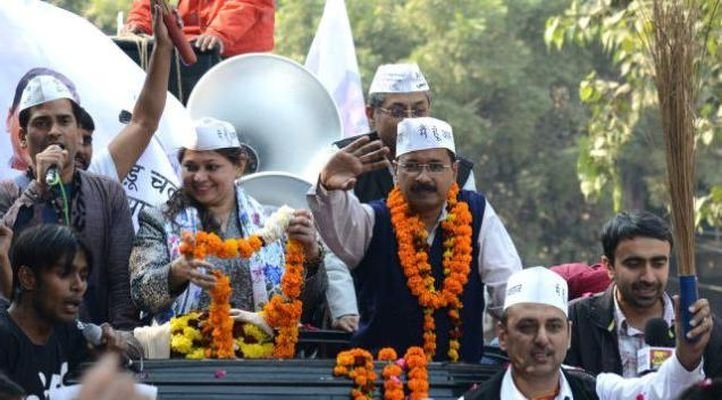On July 30, Delhi made a move to position itself as the first State in India to offer a Witness Protection Programme. The Delhi government wants to create a programme on the similar lines as to what exists in other countries around the world. Many legal experts have contended that the policy has been in demand since the Jessica Lal case in 1999.
This is said to be a pet project of Delhi Chief Minister Arvind Kejriwal. However, it is alleged that the project was initially kick started by Delhi’s former law minister Jitender Singh Tomar.
” It has been decided to have a comprehensive policy for protecting witnesses in criminal cases. Delhi will be the first state to have such a policy,” said a senior government official quoted by The Hindu .
According to the same official, the policy hopes to provide the categorisation of witnesses, the creation of a witness protection fund, a procedure to process requests for protection by witnesses by a competent authority and the categorisation of the kinds of protection that can be offered.
“A sub-committee had been created by the Home Department for the formulation of guidelines governing the programme pursuant to the new court order,” the official added.

In terms of policy, a Witness Protection Programme is the right move. In the abstract it checks all the right boxes. It will encourage more people to step out and speak the truth. It will make it far easier to capture and incarcerate perpetrators and, most importantly, it will ensure citizens feel safe and have a renewed trust in the judicial system.
However, in terms of practicality, this is an extremely difficult policy to implement. For one, it involves utmost secrecy. Once a witness comes forward and asks for protection, a very small group of people are made aware of what will happen to him. Unfortunately, Indians are well known for their inability to keep anything to themselves.
For another thing, there is the question of funding. A policy such as this requires a great deal of funding. The State will be required to relocate the witness. Therefore, it has to provide accommodation as well as additional money for basic expenditure for the witness and family, until the witness is able to find a job. The State will also have to provide increased security. That would mean round the clock police cover in order to protect the witness from outside forces.
In the year 2012, the United States spent $270 million on their Witness Protection Programme.
Is the AAP government capable of carrying out such an intricate process? Will it be able to provide adequate safety to the witnesses and eventually a new life? After all, the protection programme does not end once the witness has testified in court. The witness has to start a new life and will therefore need help from the State. It is indeed a necessary policy that is lacking in the Indian judicial system. However, implementing it will be no walk in the park.

















